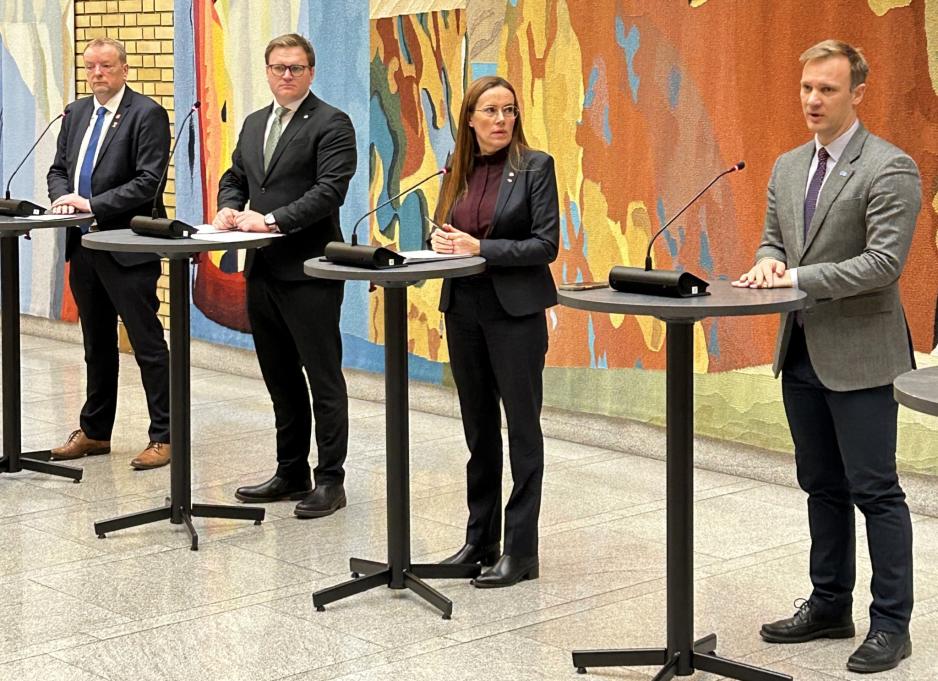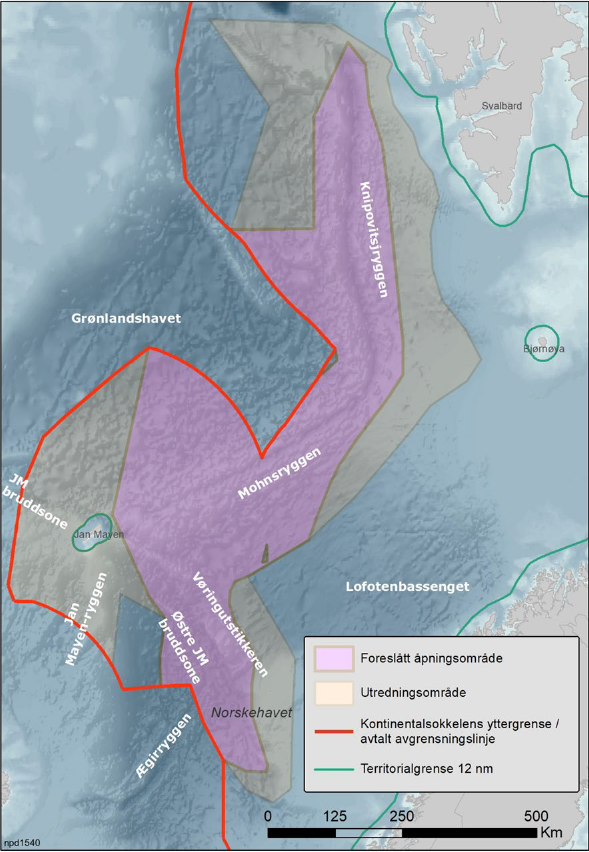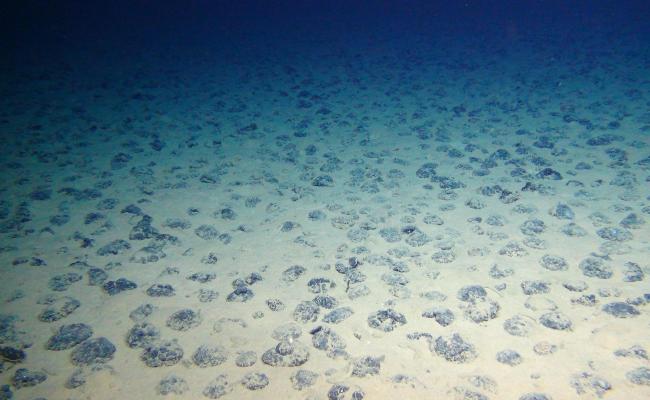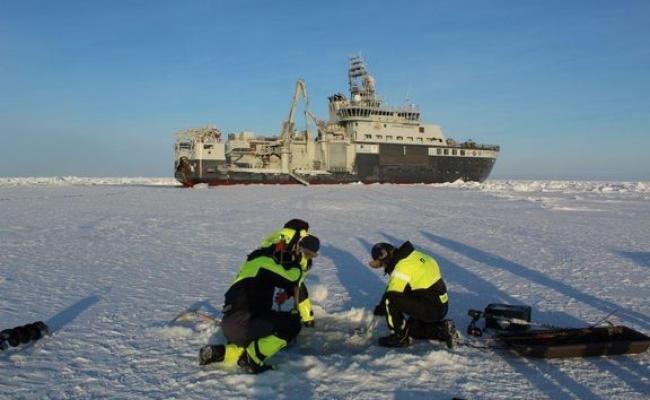Norwegian Political Agreement on Deep-Sea Mining in the Arctic

Marianne Sivertsen Næss (Labor), Bård Ludvig Thorheim (Conservative), Terje Halleland (Progress Party), and Aleksander Øren Heen (Center) met the press after having agreed on seabed minerals.
The Norwegian Conservative, Labor, Center, and Progress Parties have agreed on a settlement that opens up for deep-sea mining in the Arctic. This was presented this morning at a press conference.
After several weeks of negotiations, the Norwegian Labor, Center, Progress, and Conservative Parties have agreed on an incremental opening of deep-sea mining.
The Norwegian Government first presented its plans for deep-sea mining in June, followed by major protests. At that point, it was uncertain whether the Norwegian parliament would support the plans.
This morning, it was revealed that the parties have agreed on an incremental opening process where the parliament will approve the first development project, in the same way it is done for some extraction projects in the petroleum sector.
Among the first
With this, Norway will be among the first countries in the world to open up for commercial seabed mineral mining.
During the press conference, Bård Ludvig Thorheim (Conservative) said that a lot of work has been done since the summer to design a framework they could support.
Environmental requirements, environmental mapping in the exploration phase, and the government's responsibility are specified in the agreement.
"Since then, it has been important to listen to the feedback presented during the hearing rounds," said Thorheim during the press conference.
Need more minerals
In a press release, the Conservative Party further writes that the agreement provides a familiar and predictable framework for the business actors participating in the new industry.
"Environmental requirements, environmental mapping in the exploration phase, and the government's responsibility are specified in the agreement, where the authorities, in advance of any extraction, must create an updated and compiled knowledge base on effects on the environment," reads the press release.
Thorheim says the world needs far more minerals in the time coming.
Controversial
Deep-sea mining is very controversial. The EU says it will not support such projects before all environmental consequences are mapped out.

Map over the suggested opened area. (Source: the Norwegian Ministry of Petroleum and Energy)
Norway has significant mineral occurrences in the seabed, and the government wishes to facilitate this to become a new industry. Several of the minerals in question are essential in constructing windmills and batteries, among other things.
The government's plans for deep-sea mining have been dependent on support from the political right. The government's cooperation partner, the Socialist Left, has been a significant opponent of the plans.
Gather knowledge
Marianne Sivertsen Næss (Labor) said at the press conference that the Labor Party is pleased about a broad majority for the agreement.
"We have been concerned with this being an opening that will ensure that we will find out whether it is possible to extract minerals in a profitable, sustainable, and responsible way," she says.
Næss says the actors involved must gather knowledge about the environment, ecosystems, and seabed conditions during the exploration phase.
Deeply worried
The area the government wants to open for exploration is 281,000 square kilometers, located in the Barents and Greenland Sea.
The four parties believe opening areas is necessary to ensure a closer mapping of the sea areas, precisely to gain enough knowledge.
Environmental spokesperson for the Socialist Left, Lars Haltbrekken, is deeply worried that the Labor, Center, Progress, and Conservative Parties have agreed on opening up for deep-sea mining.
"It is unfathomable that Norwegian authorities are first in line to destroy the seabed. Environmental researchers have issued strong warnings. We have no idea about the consequences of such operations, and no environmental requirements have been posed for the activity," says Haltbrekken to Adresseavisen.
"What the Labor and Center Party are opening up with this agreement with the political right is an experiment of unimaginable dimensions. We risk destroying enormous natural values for uncertain profit. The signal Norway is sending by being the first country to open the seabed for mineral extraction worries me deeply," says Haltbrekken.




